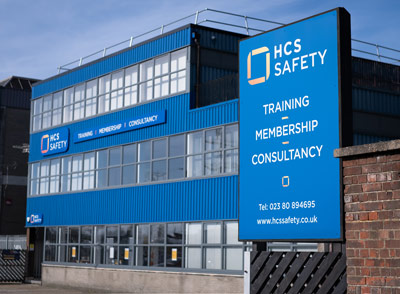Frequently Asked Questions
The Health & Safety at Work Act requires all employers to ensure the health, safety AND WELFARE of all employees. The Management of Health & Safety at Work Regulations require employers to carry out risk assessments and this should assess reasonably foreseeable hazards which could cause stress in the workplace, such as tight deadlines, aggressive or abusive clients/members of the public etc. The Equality Act covers protected characteristics about a person (age, sex, religion etc) which may, in some cases, be a cause of stress in the workplace if not managed by the employer.
The employer should carry out a stress risk assessment and must first identify what is causing stress in their workplace and one way would be to use the HSE management standards which cover the six most common causes of stress in the workplace i.e. demands, control, support, relationships, role and change. Interventions may be primary interventions – organisational (strategic) level; secondary interventions – team or group (macro) level; or tertiary interventions – individual (micro) level.
There have been successful cases which have established the requirements that must be met in order to be successful in a claim i.e. stress was foreseeable and obvious to those around; it was brought to the employer’s attention; changes were not made or where made, would not have reduced stress; harm resulted as a consequence.
You could raise this with your line manager or HR in the first instance. If you have 1-2-1s or annual appraisals this should be discussed at those meetings.






